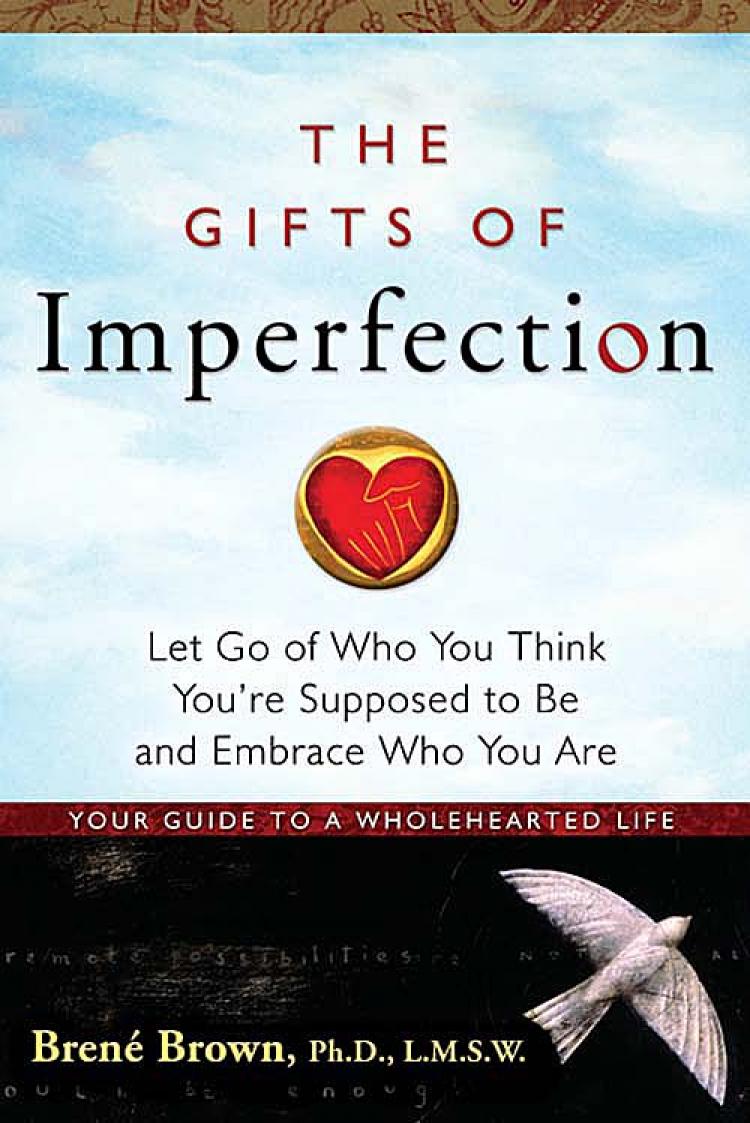My core spiritual beliefs (grace, love, forgiveness, stillness) have remained much the same over the years, but there came a time when I had to face the fact that from every angle I was hearing: strong people of faith ________. As a high achieving people pleaser, for many years I ran without stopping in my volunteer work, my actual work, and in the commitments I made in my free time. Sometimes despite hearing an overarching message of grace and love, I felt as though I was constantly not measuring up to what I was "supposed" to be doing, which was difficult for a perfectionist (though now I consider myself a recovering one) and felt as though I had to be apologetic for my introverted nature. I've taken the past few years to redefine what a spiritual life looks like for me and to (finally) learn to be ok with the fact that it does need to look like anyone else's.
A lot of authors have mentored me through this journey: Mother Theresa with Come Be My Light, Anne Lamott with Traveling Mercies and Bird by Bird, Joan Didion with The Year of Magical Thinking, Susan Cain with Quiet, Colum McCann with Let the Great World Spin, Eric Metaxes with Bonhoeffer, and of course the poetry and music of Over the Rhine. What I appreciate about Brene Brown is that her book seemed to pull together all of these literary influences and helped me to redefine and find freedom in what spirituality looks like for me.
In the journey of trying to define what my spiritual life looks like now, it honestly can be easy to simply not think about it, thus avoiding existential dilemmas. But, the anxiety that so easily creeps in reminded me that being grounded and intentional is life giving and I noticed that not having an intentional grounding in faith, I became less hopeful in general, a bit cranky, and I forgot to look for beauty. Brown's definition of spirituality piqued my interest because I was (still am) so tired of the minutia of Christian theology: "By spirituality, I'm not talking about religion or theology, but I am talking about a shared and deeply held belief. Here's how I define spirituality: Spirituality is recognizing and celebrating that we are all inextricably connected to each other by a power greater than all of us, and that our connection to that power and to one another is grounded in compassion. Practicing spirituality brings a sense of perspective, meaning, and purpose to our lives" (64).
When she wrote "It's not about denominations or dogma. Practicing spirituality is what brings healing and creates resilience. For me, spirituality is about connecting with God, and I do that most often through nature, community, and music. We all have to define spirituality in a way that inspires us,"(74) I was reminded of the life nature gives me and how washing dishes or walking with music centers me, and how dinner with my husband and great friends grounds and connects me.
One of the messages I have struggled with as a Christian is that "everything happens for a reason," which I simply cannot buy into no matter how many scripture based conversations I have. This felt really isolating, especially in the early days of this journey. I have landed in a place of confidence and rest with this issue and others, and reading Brown's book helped give greater clarity to me: "At first I thought faith meant 'there's a reason for everything.' I personally struggled with that because I'm not comfortable with using God or faith or spirituality to explain tragedy...Here's how I define faith based on research interviews: Faith is a place of mystery, where we find the courage to believe in what we cannot see and the strength to let go of our fear of certainty" (90). Faith as a beautiful mystery has been one of the most healing perspectives I've run across.
To close, one of my favorite parts of the book was when Brown discussed the fact that we can change our neurological pathways, something one of my old pastors used to talk about, too. It is possible to physiologically change our patterns of thinking (google neuroplasticity). I'm now living in a way where I am trying to incorporate rhythms into my life that help me feel grounded, connected, grateful, and covered in grace. This is happening for me through reading, taking time to be creative (watercolor and calligraphy lately), cooking, looking for beauty, and practicing stillness. It looks different, but feels beautiful.

3 comments:
Yet another one, Kristen, to make me love following you and your reading life. I love Brene Brown and haven't read this one but am reading Daring Greatly. I wish we could drink tea and talk about all of this and how to change neural pathways. Miss you.
Love this, Kristen. Thanks for sharing and being vulnerable. I feel like I've also been trying to figure out what spirituality looks like for me, without all the influences and opinions of others and of past experiences.
Kristen you are indeed one amazing young lady...great read.
love, dad
Post a Comment